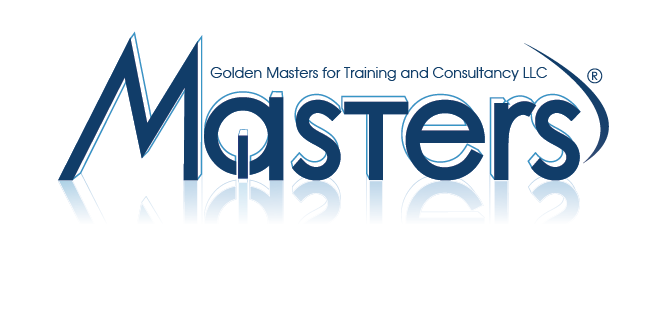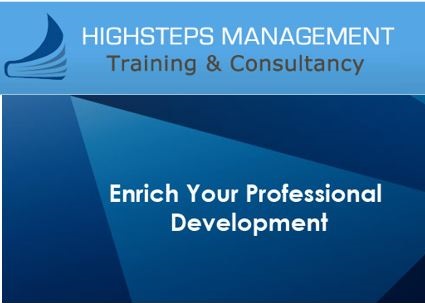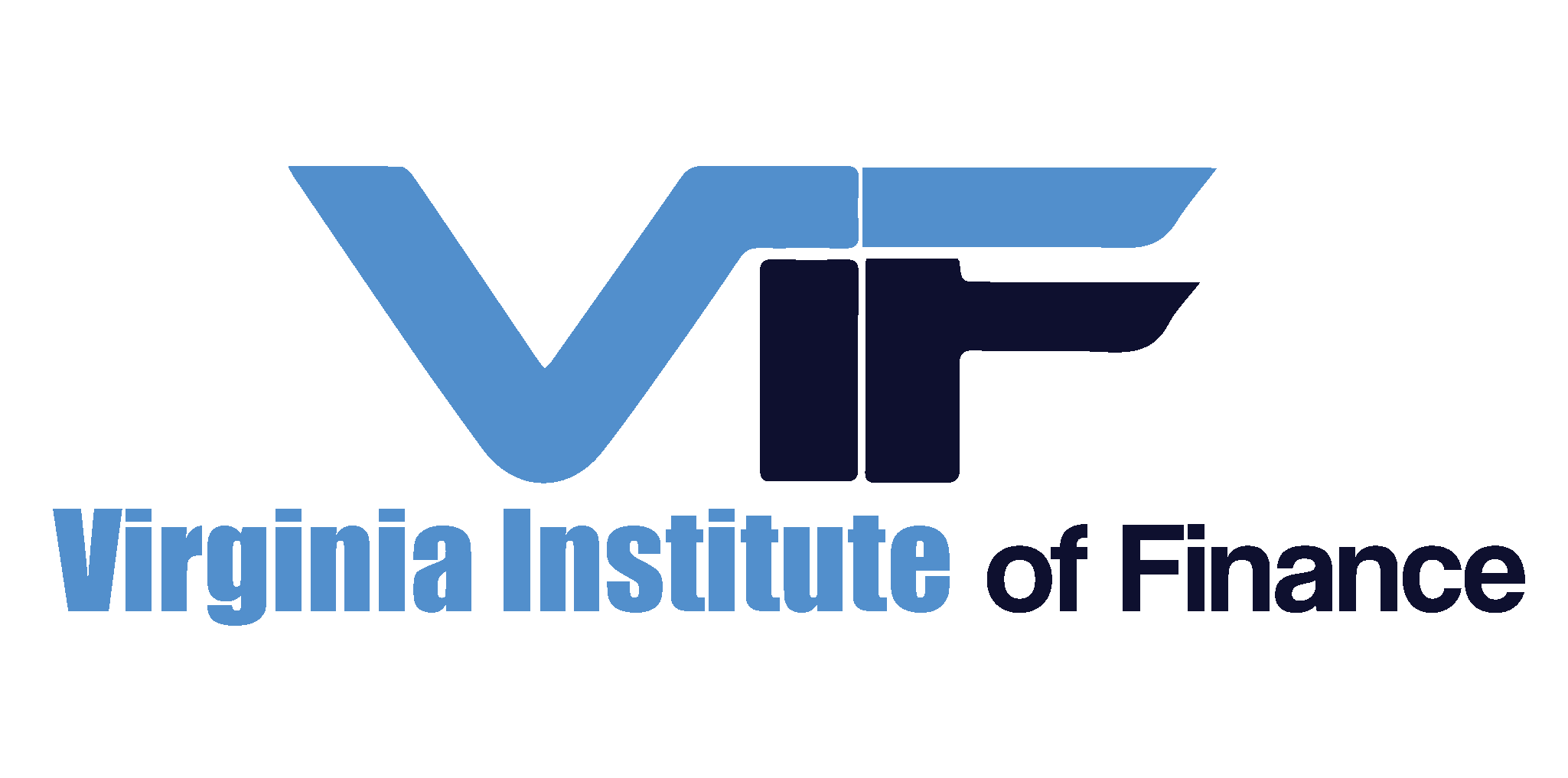Building on cost-analysis fundamentals, this programme tackles and addresses advanced key issues in cost accounting, such as continuous improvement of cost assignment, activity-based analysis, strategic cost control, and performance evaluati

Masters Training Company was established in response to the growing need for quality training to support the business community within your Company, Department or Organization by providing a high standard of Training Programs, Courses, Seminars, Workshops and Consultancy Services to employees in a very competitive business environment.
Masters is also an approved vendor from KHDA & ILM
(Institute Review)
55 years ago(Institute Review)
55 years ago
This course is designed to teach you about the significant areas of financial management controlling and planning like financial analysis budgeting and financial controlling.

This is an American certification with an objective to give comprehensive knowledge about cost management techniques. At Berkeley Middle East Training, you will be prepared for the certification exam by covering all sections of the exam.

Learn about key business skills such as estimation, forecasting, monitoring, budgeting, controlling, reporting and analysis to acquire a sound understanding of scheduling and controlling project activities without having to face resource all

This course will help you in demonstrating the core principles of budgeting and planning with Excel and perform creative techniques of Budgeting.

This course is designed to teach the skills required to effectively manage projects within an organization. Basic principles are reviewed, such as resource loading and leveling, how to crash project schedules, and phase/gate methodologies.
© 2025 www.coursetakers.ae All Rights Reserved. Terms and Conditions of use | Privacy Policy